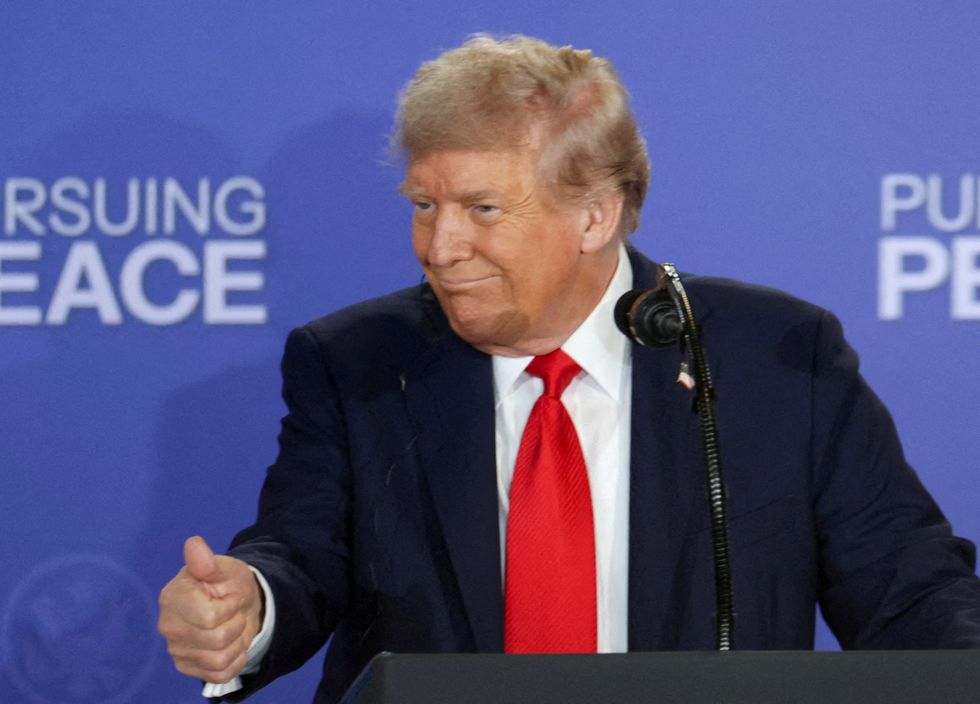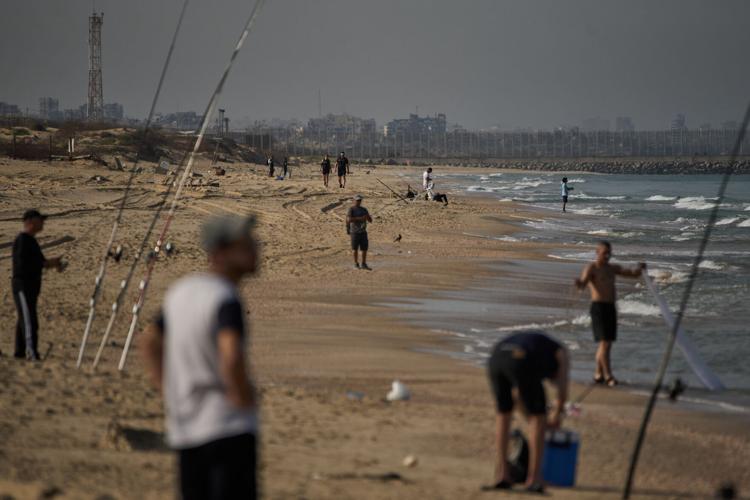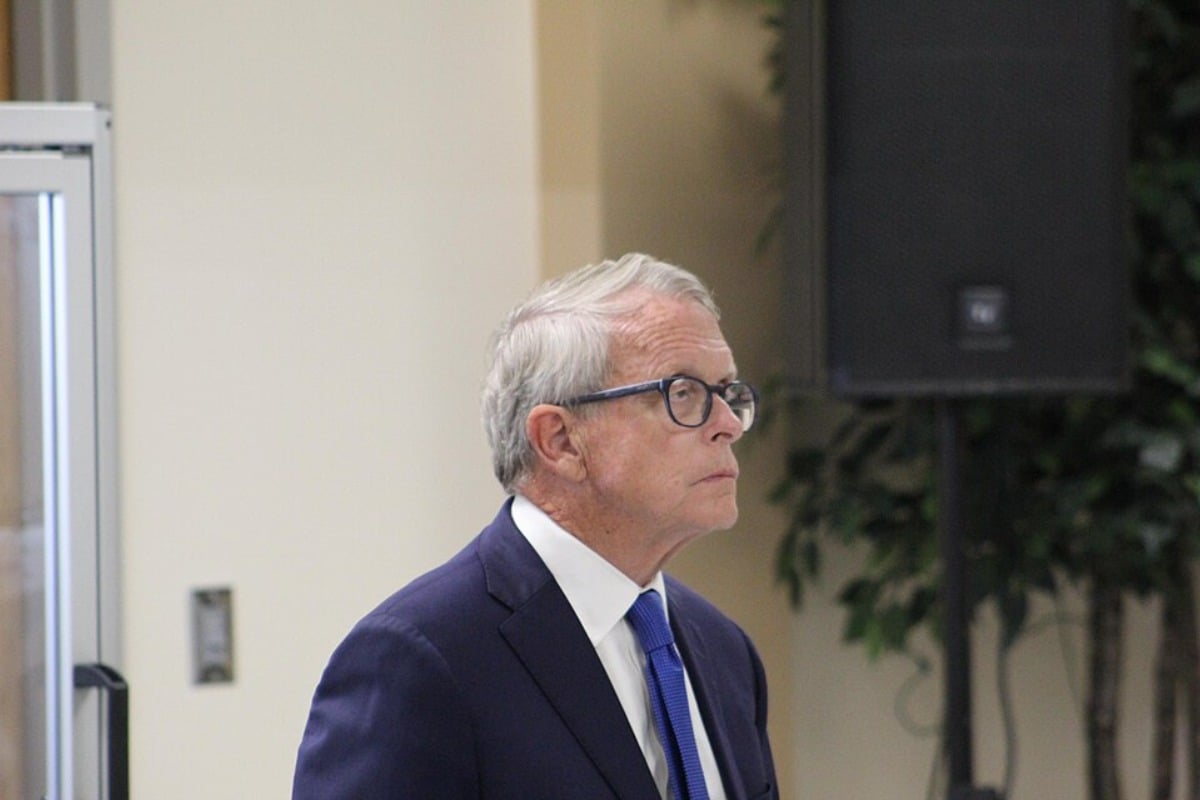Pulitzer Prize-winning journalist and foreign affairs expert Thomas L. Friedman has sharply criticized Donald Trump‘s proposed plan for Ukraine, labeling it a “disgrace.” In his recent column for the New York Times, Friedman argues that the plan represents a betrayal of American values and allies in the face of Russian aggression.
Friedman asserts that Trump’s actions may ultimately lead to him receiving a dubious honor: the “Neville Chamberlain Peace Prize.” He describes this as an award given to leaders who capitulate to aggressive dictators, a reference to the British Prime Minister who infamously appeased Adolf Hitler before World War II.
In his commentary, Friedman claims that the negotiation process surrounding Ukraine has been conducted without adequate consultation with the country itself or European allies. He specifically names Steve Witkoff, Marco Rubio, and Dan Driscoll as key figures involved in what he describes as the “surrender of Ukraine” to Vladimir Putin‘s demands. Friedman emphasizes that Ukraine has been pressured to accept these terms by Thanksgiving, which falls on November 23, 2023 this year.
The implications of this deal extend beyond the immediate political landscape, according to Friedman. He warns that if Ukraine is forced to comply with the proposed terms, it could transform the U.S. Thanksgiving holiday into a “Russian holiday,” celebrating a Russian victory in its ongoing war against Ukraine.
Friedman elaborates on the broader consequences, stating, “By rewarding Putin’s unprovoked invasion of Ukraine, the U.S. will be putting the whole European Union under Putin’s thumb.” He argues that Trump’s message to allies will be unmistakable: “Don’t provoke Putin, because as long as I am commander in chief, the United States will pay no price.”
The columnist suggests that should this plan be implemented, a new term may need to be added to diplomatic discussions: “Trumped” — defined as being sold out by an American president for reasons that remain unclear to the public. He concludes with a stark warning about the legacy of those involved in these negotiations, stating that history will not forget their actions.
Friedman’s critique reflects a significant concern among some political analysts regarding the potential ramifications of U.S. foreign policy under Trump, particularly as it relates to global stability and the defense of democratic values.







